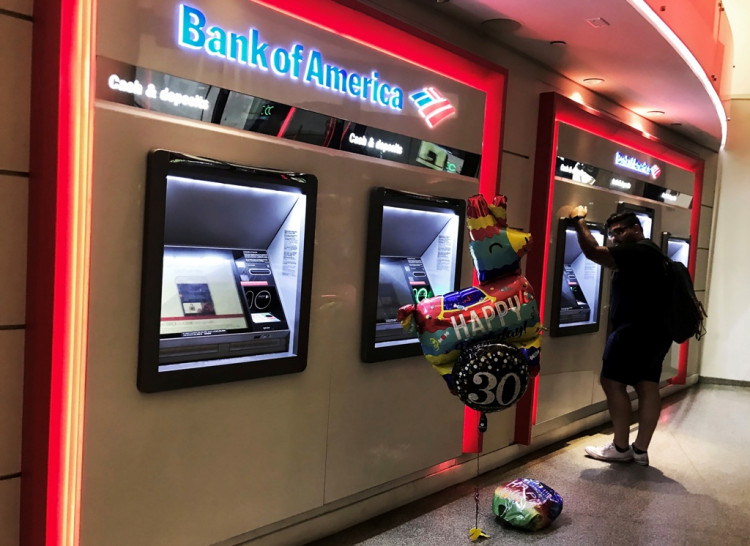The second wave of the COVID-19 pandemic has not stopped scammers from coming up with ideas to fool people or take advantage of government loans that are supposed to help struggling people.
Fake Firms Claiming COVID-19 Loans
Amid the increasing number of people getting axed from their jobs and businesses shutting down due to lack of operational capital, fake companies have also emerged to take advantage of government-backed loans.
An example is Tellings Home Made Furniture Service in the UK, which was created by scammers to apply for coronavirus emergency loans. Builder Mark Telling was unaware his name and information were used to set up the bogus company.
BBC informed Telling about the scam that used his name and data. Had he not been told about the fake business under his name, Telling could have been held liable for the debt.
Experts have urged business owners and service providers to guard their information well to prevent identity theft for fraudulent activities.
Fake COVID-19 Grant
Another scam has emerged recently in the form of a Facebook message that asks a person if he or she has been informed of the alleged grant for people struggling during COVID-19 that comes in thousands of U.S. dollars.
Some scammers have resorted to creating lookalike profiles of people a potential victim knows, while other identity thieves hack social media accounts to message people on the Friends list of the supposed victim.
After a conversation has been established about the non-existent coronavirus relief grant, the scammer will inform the victim that there is a processing fee for receiving the grant.
The Better Business Bureau warned that the said message spreading fast across Messenger is a scam and should not be trusted.
Leah Napoliello from the Better Business Bureau noted that "a huge red flag" in fake relief grants is when the scammer asks the person to "pay money in order to get money."
AER Posers Alert
In Australia, citizens have been asked to beware of a new scam that involves criminals posing as representatives of the Australian Energy Regulator (AER).
Posers pretend to be calling from the AER and offer a government rebate due to difficulties during the COVID-19 pandemic. The posing caller will then ask for the victim's bank details.
Phone call scams are common in Australia and most residents who lose their money to scammers are those aged over 65. Younger citizens often report scam calls but the elderly are vulnerable to fake rebates and grants.
AER chair Clare Savage said the institution is "taking this scam seriously" and urged Australians to never provide their financial or personal information to callers offering a rebate.
Finally, Savage noted that the AER will "never ask" for bank information should a representative from the agency place a call.
Latest Global COVID-19 Update
The global coronavirus infection toll has reached over 33 million, while the death toll now stands at 1,000,555, as confirmed by data from the Johns Hopkins University.
The United States remains the hardest-hit country in the world, with over 7 million confirmed infections, and over 205,000 lives lost to the virus.
India follows behind with over 6.1 million confirmed COVID-19 cases. The death toll in India is inching closer to 100,000, with at least 96,351 people dead.





